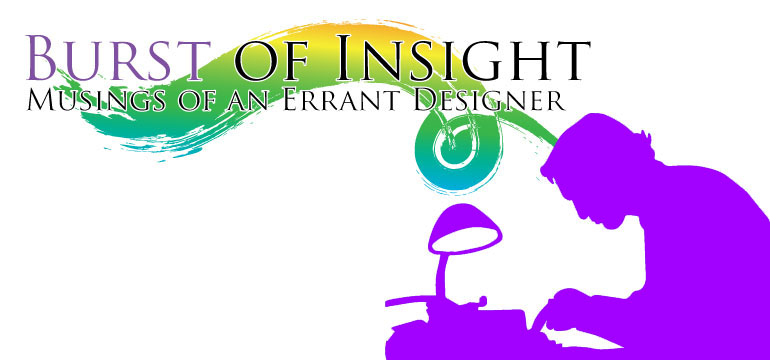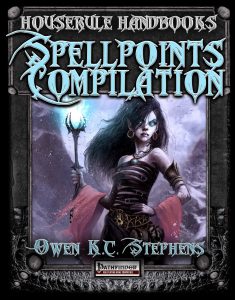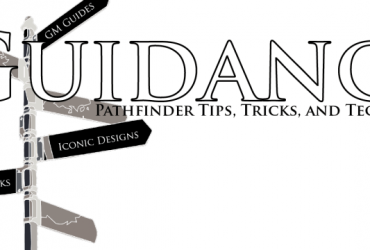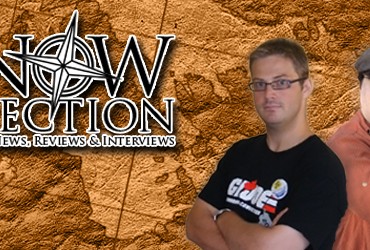About a month ago, I promised we’d return to take another look at the Magic of The Maze. At the time, I thought I would be combining bits of different optional rules to make a whole new magic system but when I examined the setting and the decision to use of pre-generated characters it became clear that would be an unnecessary amount of extra work. Instead, I began to look at the character classes we already have and considered how I might implement my design goals within that framework. That said I still like the idea of shaking things up so I’ll be using the Rogue Genius Games Spellpoints Compilation, carefully curating spell lists for each character, and employing the spell attack roll active spell-casting variant from Pathfinder Unchained.
First, however, we need to look at the party composition and how it fits the story we want to tell. As I described before the leader of the party is the Halfling Venn Mears. Venn’s closest advisor is an elven spiritual-mystic. Despite a quasi-religious connection to the spirits of the world, this mystic would be an arcane caster. And the more I’ve thought about it the more I want to violate my own rule and include a small amount of divine magic. I think one of the gods, whether out of mischief or guilt should take an interest in the mortal world and has chosen a PC herald. The remaining characters won’t have much in the way of spellcasting if any.
So mechanically, both arcane and divine characters function pretty much the same and conform to the Rogue Genius spell point rules. Each character gets a number of spell points per level to cast their spells. For flavor, I’ll probably rename this pool of points (“essentia” for arcane casters and “grace” for divine) so players can have in character discussions without resorting to using the term “spell points.” Costs of spells can be modified by Dissonance (caused by repeatedly casting the same spell over and over) and maybe some environmental effects. Meta-magic feats and some magic items require alteration from the core rules but those explanations appear in the Spellpoints Companion.
This doesn’t radically change how magic works in Pathfinder terms but it does allow us to explore magic and its applications a little differently. We can look into the fundamental questions of magic that fiction writers explore: “What is the cost of magic?” and “What is the source of magical power?” I knew from the beginning that arcane magic comes from the destruction of the Creator. That a spark of the divine now resides within all mortals. That spark, for some burns like a flame granting the ability to work arcane magic. This also works nicely with the spell points system because there are fatigue and exhaustion rules built into the system. So that tapping too deeply into that inner flame can be taxing.
So how does a character replenish this inner fire? Their essentia? A character may regain some with rest but that’s how characters recover magic already. What if arcane casters have to regain power another way such as through food? Maybe, spell casters have a very fast metabolism and need to consume twice as much food as a normal character during the day in order to regain spell points during their eight hours of rest. An arcane spell-caster who doesn’t eat enough food still regains spell points but must treat it as though they went the day without any food. I like this thematically, it makes magic an appetite and power becomes more vital than life itself. We’ll keep it.
For our elven-mystic, I like the witch base class. With a bit of change applied to the class’ cosmetics and carefully curated character options, we’ll get a PC who plays very differently from the traditional arcane caster. So, like we did renaming spell points “essentia,” we’ll rename other elements of the witch class because words like “witch” and “hex” carry a lot of baggage. While those words work well for the class in most settings they won’t serve us as well here. We’ll continue to call the character a mystic and they’ll still learn spells via their familiar in accordance with an ancient spirit pact. The witches hex’s we’ll call “gifts” or something similar. Specific hexes such as Aura of Purity work well as written, while other mechanically sound hexes such as Evil Eye and Cauldron might make more sense within the setting if they have new names. Altogether, this gives familiar mechanics a whole new feel completing the illusion this is a new magic system.
Admittedly, I’ve given much less thought to divine casters. Mostly because I first thought the gods would be more remote and only a few antagonist NPCs might have divine backing. Now, however as I warm to a more traditional party and the (admittedly worn) “chosen of the gods” trope, I find myself needing to explore divine magic a little closer. I know that the PC in question will be an oracle. I even know that I want the blindness curse which we’ll re-flavor to actually be a complete boon (the character was born blind).
One of the few concepts I had going in was that each god would be attuned to a different metal the Creator deity had used to forge the bowl of the heavens. I know that I want the oracle’s eyes to have been transformed into metal. Divine casters regain spell points at the whim of their patron deities, but as long as the caster is serving the patron’s desires the power will likely flow. In order to regain spell points, the caster needs to be in physical contact with a holy symbol made of at least a pound of the deity’s metal.
In the end, I haven’t made as many sweeping or as drastic changes as I first expected but the changes still dramatically alter how magic affects the campaign’s story. The biggest changes come from the Spell Points Compilation and with that that all the major work was already done for me.







